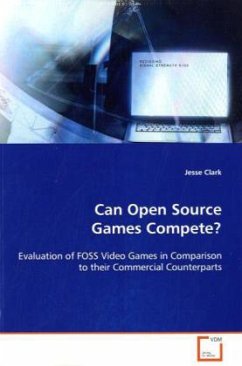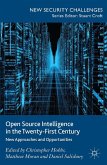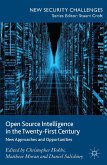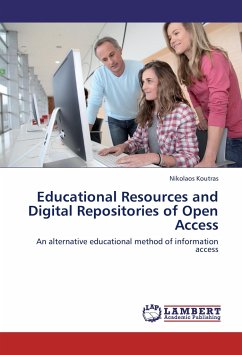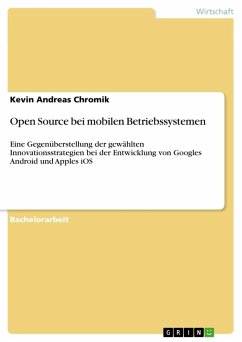The topic of copyrights is a crucial component in
understanding today's media landscape. The purpose of
having a copyright system as outlined in the U.S.
Constitution is to provide content creators with
incentives to create. Copyrights allows revenue to be
generated through sales of copies of works; allowing
works to be created which otherwise would not be
created. Yet it is possible that not all creative
projects require the same legal framework. The so
called copyleft movement offers an alternative to
the industrial mode of cultural
production. Copylefted works can be divided into
two broad categories: artistic/creative works(which
are often protected by Creative Commons licenses),
and Free/Open Source Software. This thesis evaluates
how open source video games compare to their
commercial counterparts and discusses the reasons for
any difference in overall quality. The purpose of
this evaluation is to determine whether high quality
video games can be created without strong copyright
protection. In term of technical merit, FOSS games
vary widely. The most sophisticated of these games
seem to be only a few years behind their commercial
counterparts.
understanding today's media landscape. The purpose of
having a copyright system as outlined in the U.S.
Constitution is to provide content creators with
incentives to create. Copyrights allows revenue to be
generated through sales of copies of works; allowing
works to be created which otherwise would not be
created. Yet it is possible that not all creative
projects require the same legal framework. The so
called copyleft movement offers an alternative to
the industrial mode of cultural
production. Copylefted works can be divided into
two broad categories: artistic/creative works(which
are often protected by Creative Commons licenses),
and Free/Open Source Software. This thesis evaluates
how open source video games compare to their
commercial counterparts and discusses the reasons for
any difference in overall quality. The purpose of
this evaluation is to determine whether high quality
video games can be created without strong copyright
protection. In term of technical merit, FOSS games
vary widely. The most sophisticated of these games
seem to be only a few years behind their commercial
counterparts.

